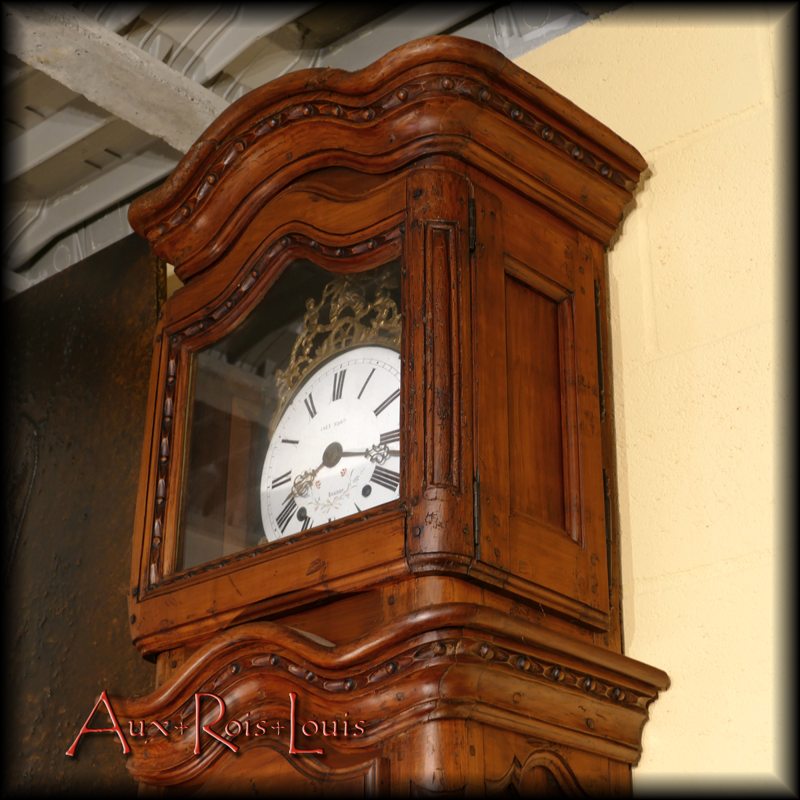The salt chest armchair
Patriarch’s Throne, King of Cantou
If there is one thing that lords and farmers had in common from the Middle Ages until the 19th century, it was the use of the fireplace, the only means of heating and cooking.And if in the castles the fireplaces have reached monumental sizes, in many farms, too.
This is what was called in Occitania the “cantou”, which means the “fireside” and by extension the “home” where life is good, the “heart of the family”. On farms in southwestern France and Cantal, the cantou could be the size of a small room, where most of the family’s life took place. We will come back to it.
The cantou also designates the small two-seater bench or the one-seater chest chair which fulfilled two major functions: to keep the salt warm and dry and to allow the patriarch to whom this choice place belonged to be seated as close as possible of the fireplace.
The salt chest armchair that we offer here was made on a farm in Quercy, from dead wood gleaned from the forest and then stored in an attic. This is why this armchair is made of several types of wood, representative of the surrounding forests. The body is in chestnut, the uprights in cherry and the backsplash in poplar.
We can see that the backrest is embellished with three flat scalloped bars and that the uprights are enhanced with two sculpted dices, very different from each other.
The hand of the furniture carpenter, who came to the farm to create this armchair, adapted to the pieces of wood available, which gives this popular art seat all its personality.
So what were we doing in this cantou?
To imagine the life that this piece of furniture lived before us, let’s immerse ourselves in the soft crackling of the cantou. Here’s what we did with him:
- Organic and local cuisine
Inside the main beam are suspended pieces of bacon, ham, sausages and dry sausages, which will be naturally smoked there. Held by the rack, articulated by a gallows, the pot actually smokes all year round. The mistress of the house prepares the soup there according to the seasons, with aromatic herbs and vegetables from the garden. She enhances it with a bit of bacon, a duck carcass or a stuffing kneaded with flour, deggs and bacon bits, all poached in the broth. A pure delight… - Ash for laundry and fertilizer
On laundry days, the big cauldron is placed on a tripod above the fire. The sieved ashes, placed in a canvas bag and infused in boiling water, constitute a natural detergent. In this boiling homemade preparation will be immersed and stirred sheets, tea towels and clothes.
The ashes were also used as fertilizer for the vegetable garden and the food crops necessary for men and their animals. The vineyard for wine, the wheat field for bread, lucerne for rabbits, fodder maize for cattle, poultry and pigs, which were also regaled with chestnuts and leftover broth. - The aspect of the flames to predict the weather
The cantou fire was also an infallible barometer for those who knew how to decipher it.
– If a small blue tongue of fire escapes from the log whistling, it is a sign of wind.
– If the logs backfire in a whirlwind of sparks, it’s a matter of properly caulking the cellar vents, the frosts are fast approaching.
– If the flames struggle to rise, if the smoke stagnates and spreads a smell of humus and undergrowth, this perfume announces a long period of rain and frost.
– Even heat waves were predictable if the chimney began to smell strongly of soot, because, in fact, the fire was maintained all year round.
The cantou, source of joy and small pleasures
And in addition to this vital warmth provided all year round, the cantou is also the place for evening gatherings where everyone meets, each having their favorite mission.
The women spin the wool, embroider and knit large unbleached wool sweaters for the whole family.
The men polish a tool handle or make baskets with the sapwood of the hazel tree or the strip of the chestnut tree.
The babies in their cradle are babbling in the warmth, the children sitting in a circle around the hearth listen to the grandfather telling them stories populated by werewolves and filled with spells.
And during these evenings, sometimes we sing and we dance in wooden shoes on the old adobe.
It is the only distraction with family, friends or neighbours, and it is very popular.
Thus the cantou, heart of the home, warms, nourishes, cleans, purifies, fertilizes the land and enchants the evenings, from one end of the year to the other.
The survival of cantous in castles
Today, it is mainly in the large residences and castles that one can still find and make live the cantous as in the past. The magic consists in letting the fire burn almost all year round, recreating all around this simple and comforting atmosphere where the benches and salt chest armchairs, also called “archabancs” have their place to sit at just the right height at the corner of the big fire.
Reference: [MP029]
Dimensions
Width: 68cm, height: 101cm, depth: 49cm.

![Salt chest armchair – chestnut - cherry - poplar – 19th century – Quercy – [MP029]](https://www.aux-rois-louis.com/wp-content/uploads/2022/03/MP029_733-1200x600.jpg)
![MP029_733 Salt chest armchair – chestnut - cherry - poplar – 19th century – Quercy – [MP029]](https://www.aux-rois-louis.com/wp-content/uploads/2022/03/MP029_733.jpg)

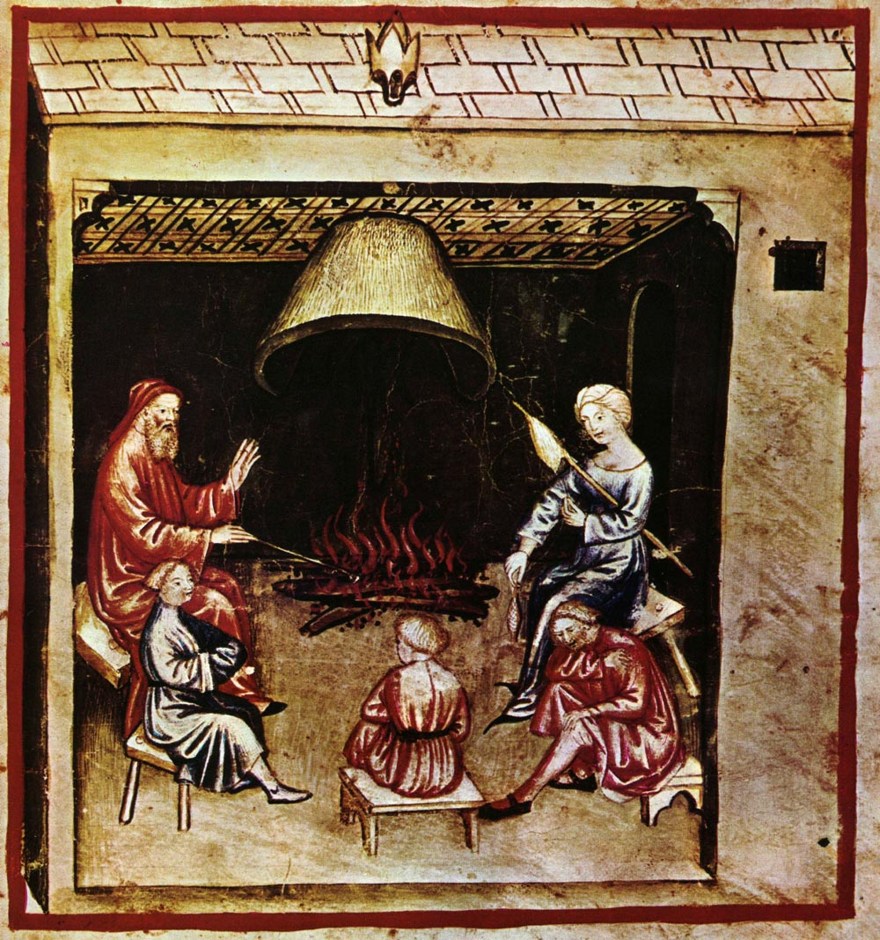
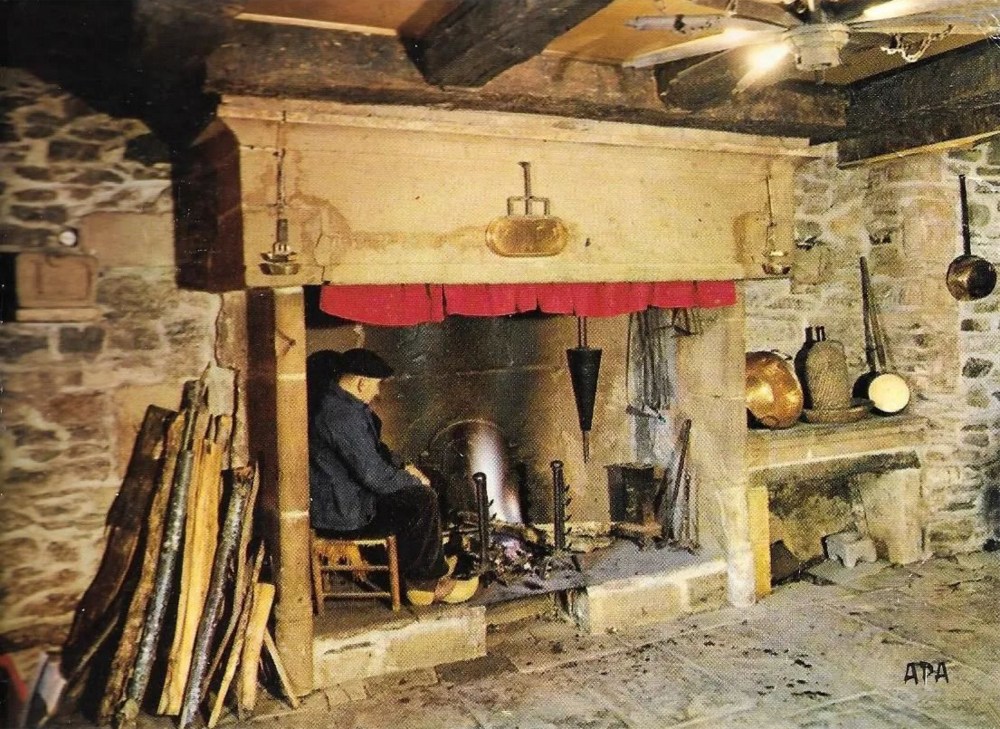
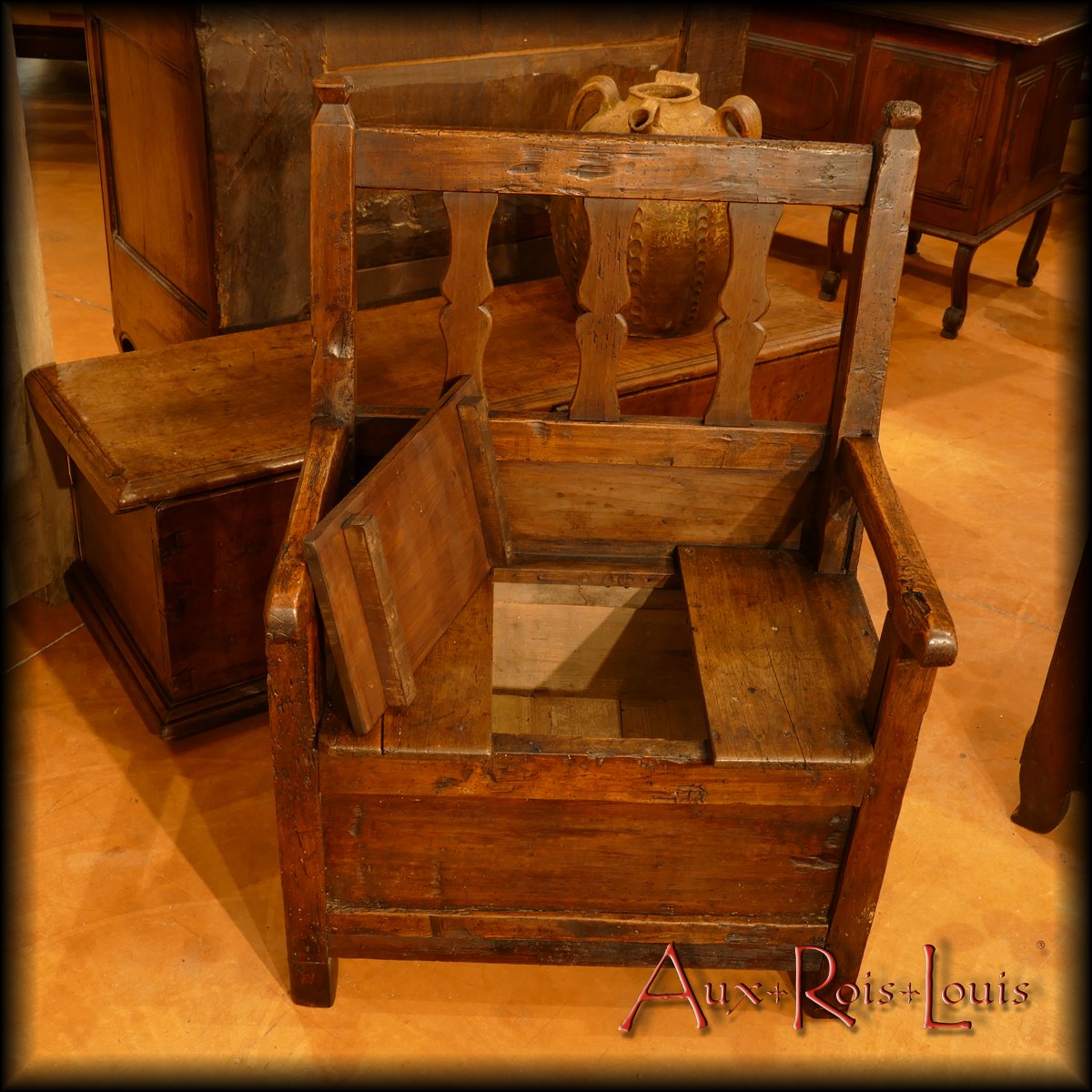
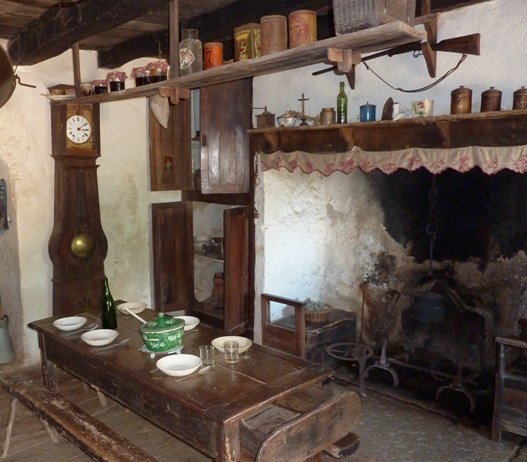
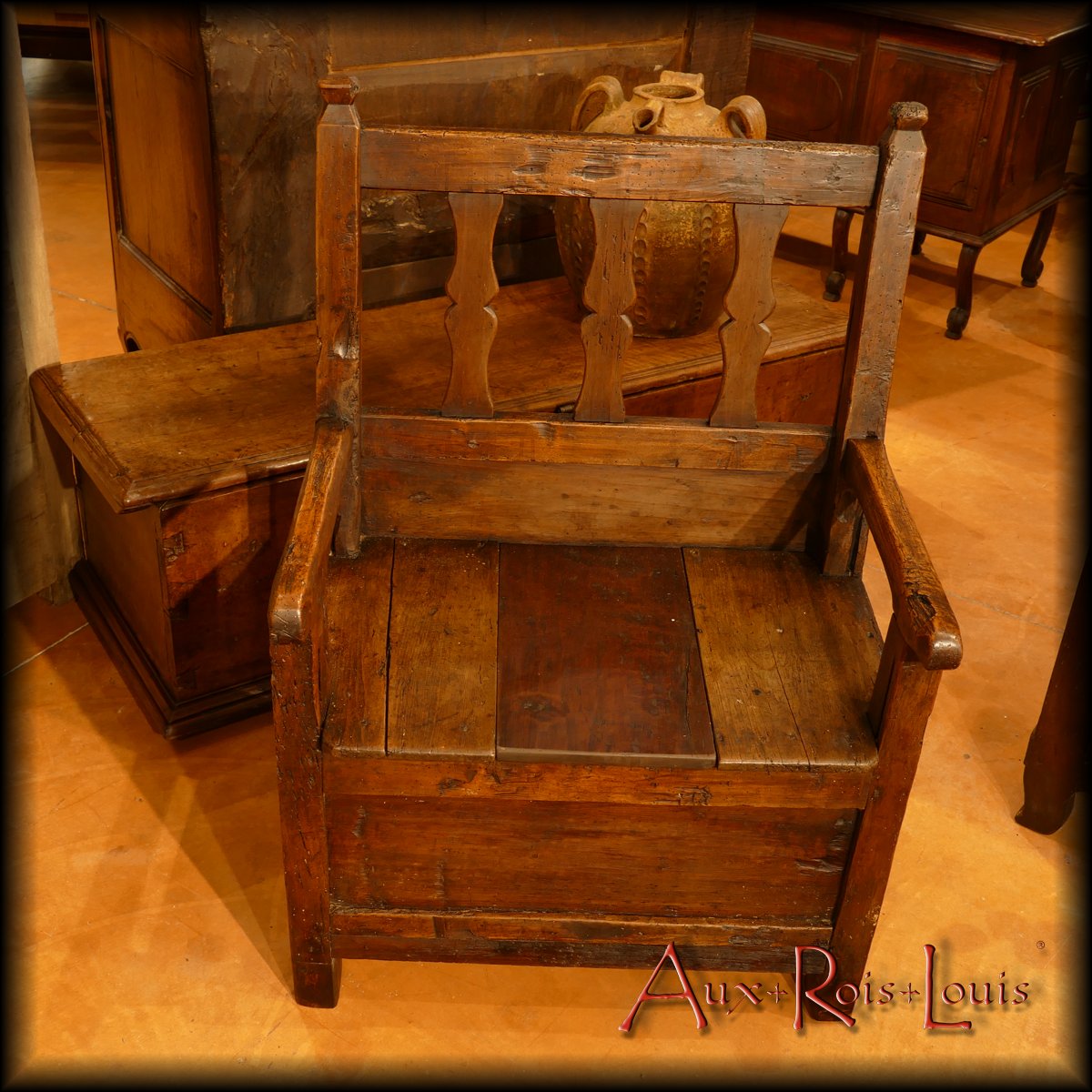
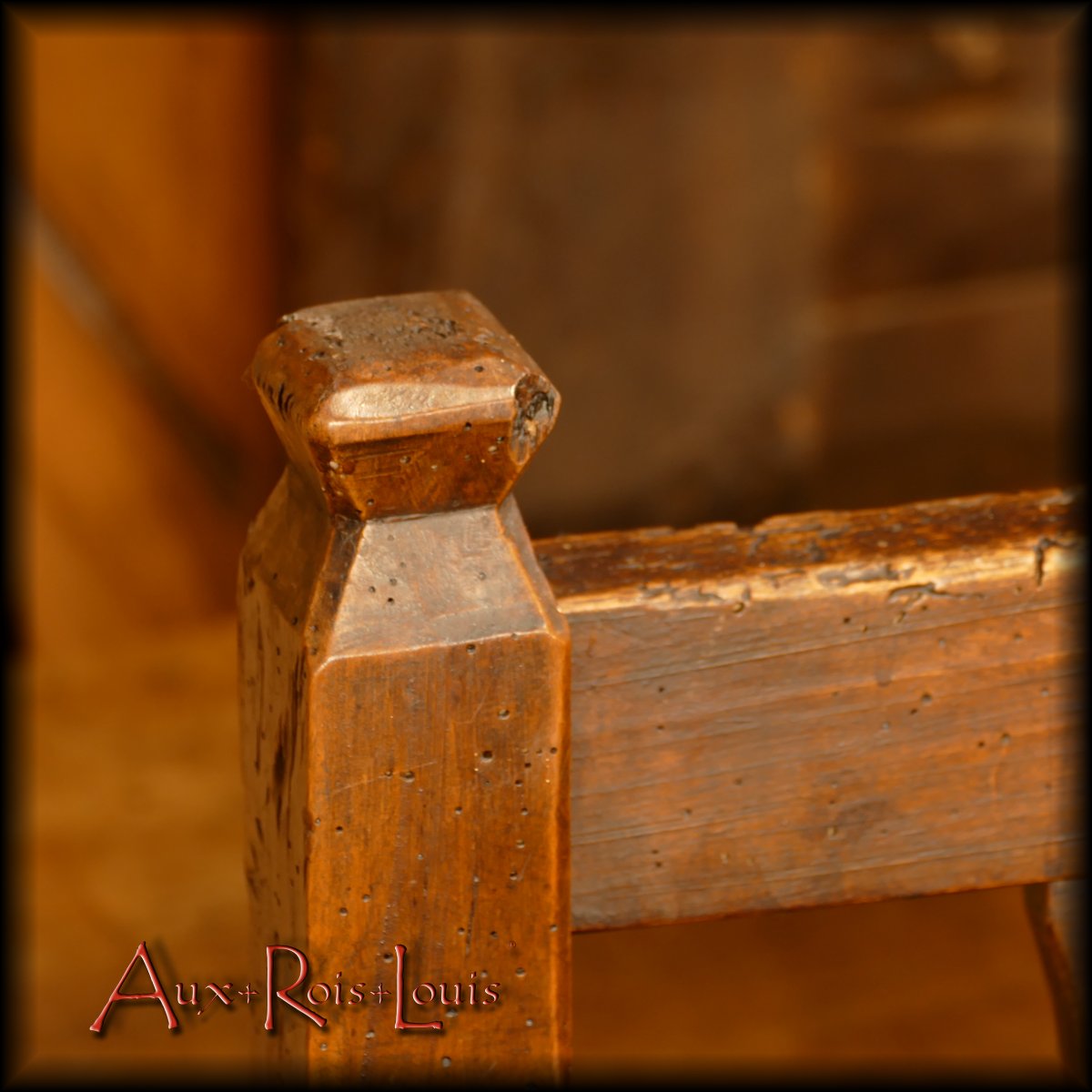
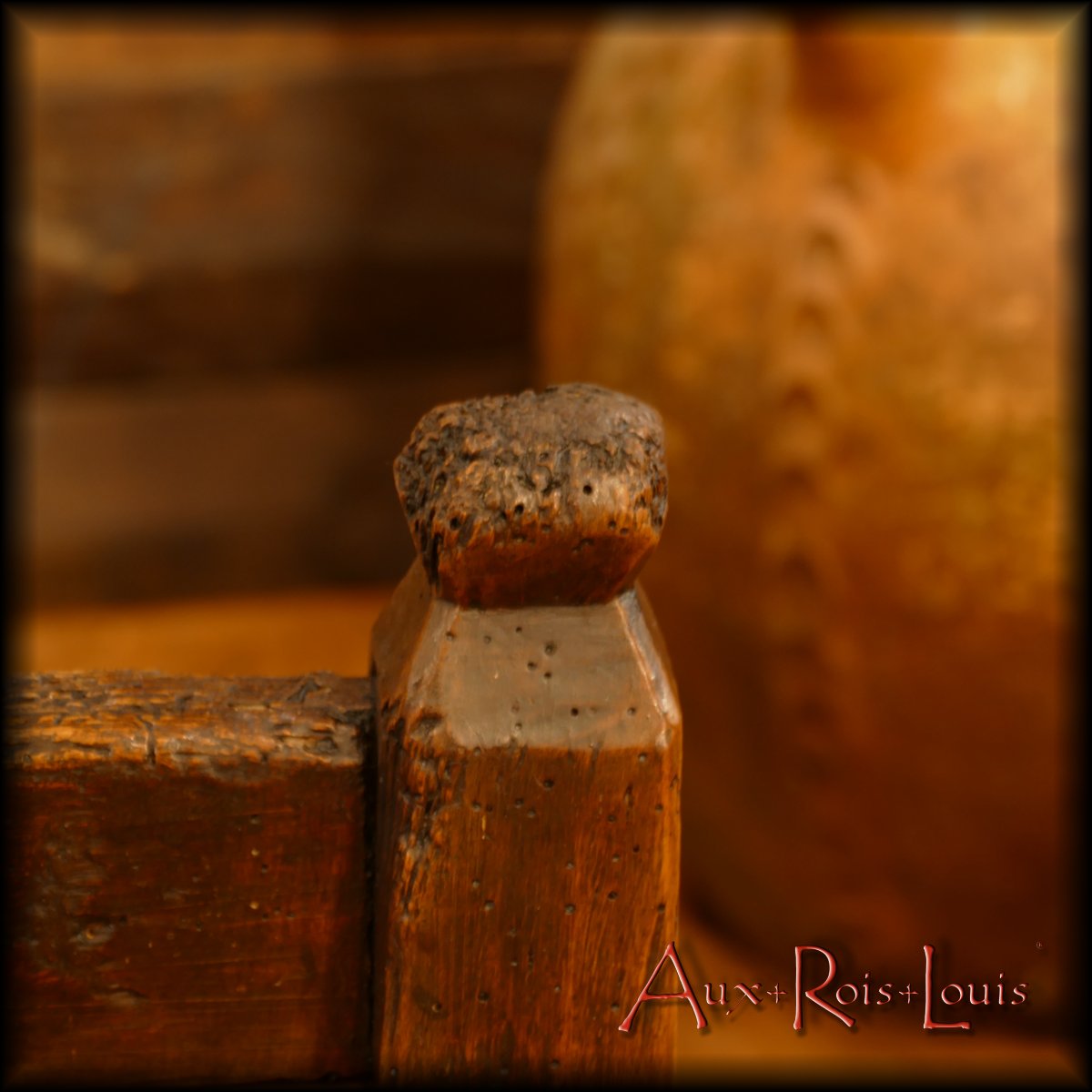
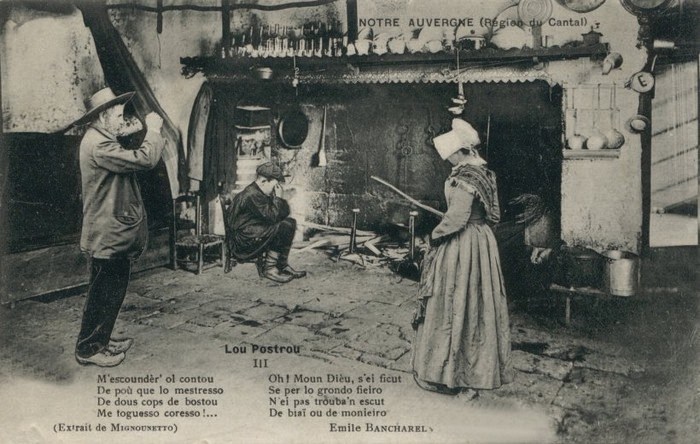
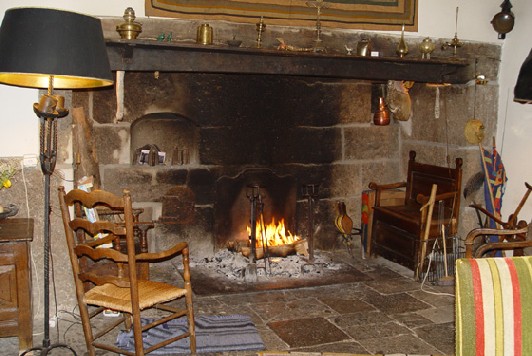
![Polychrome Walnut Virgin with Serpent – 18th Century – Midi-Pyrénées – [ME116]](https://www.aux-rois-louis.com/wp-content/uploads/2023/10/ME116_P1670078-1024x1024.webp)
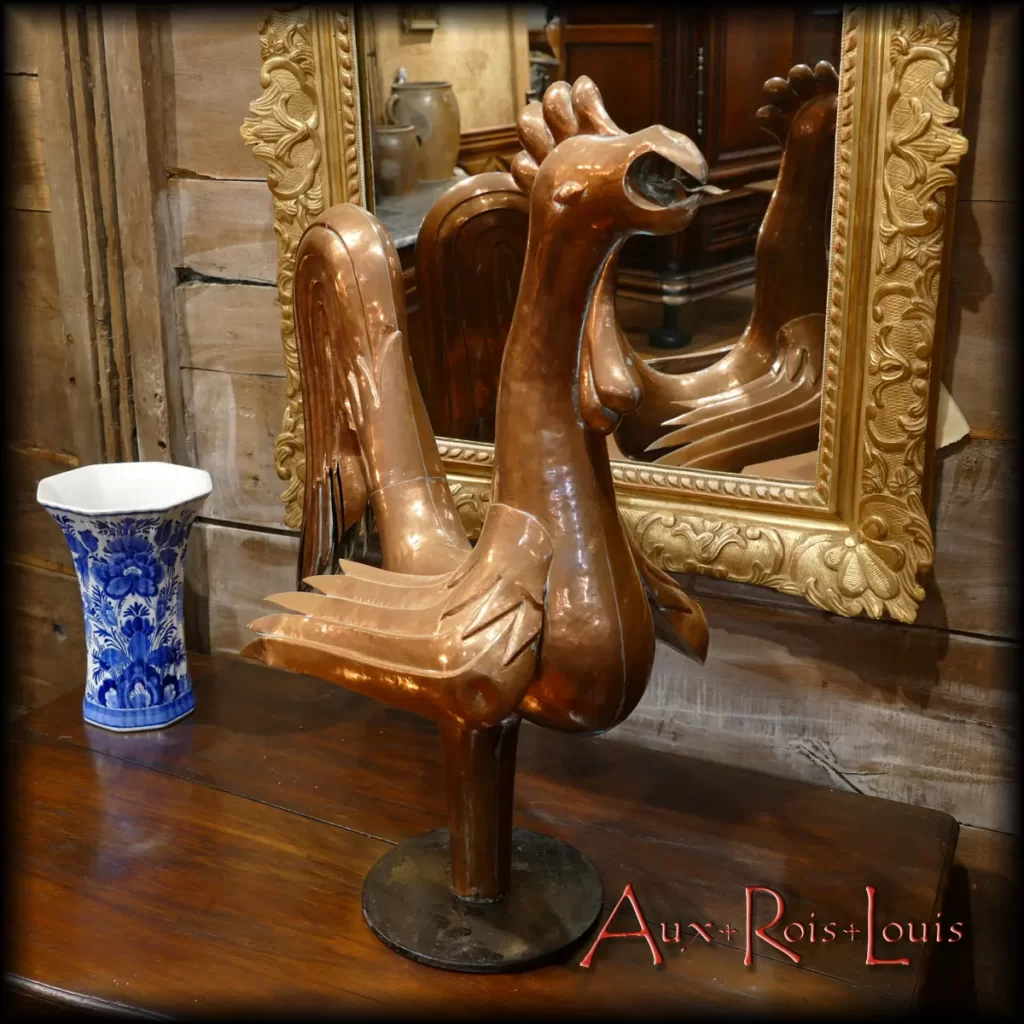
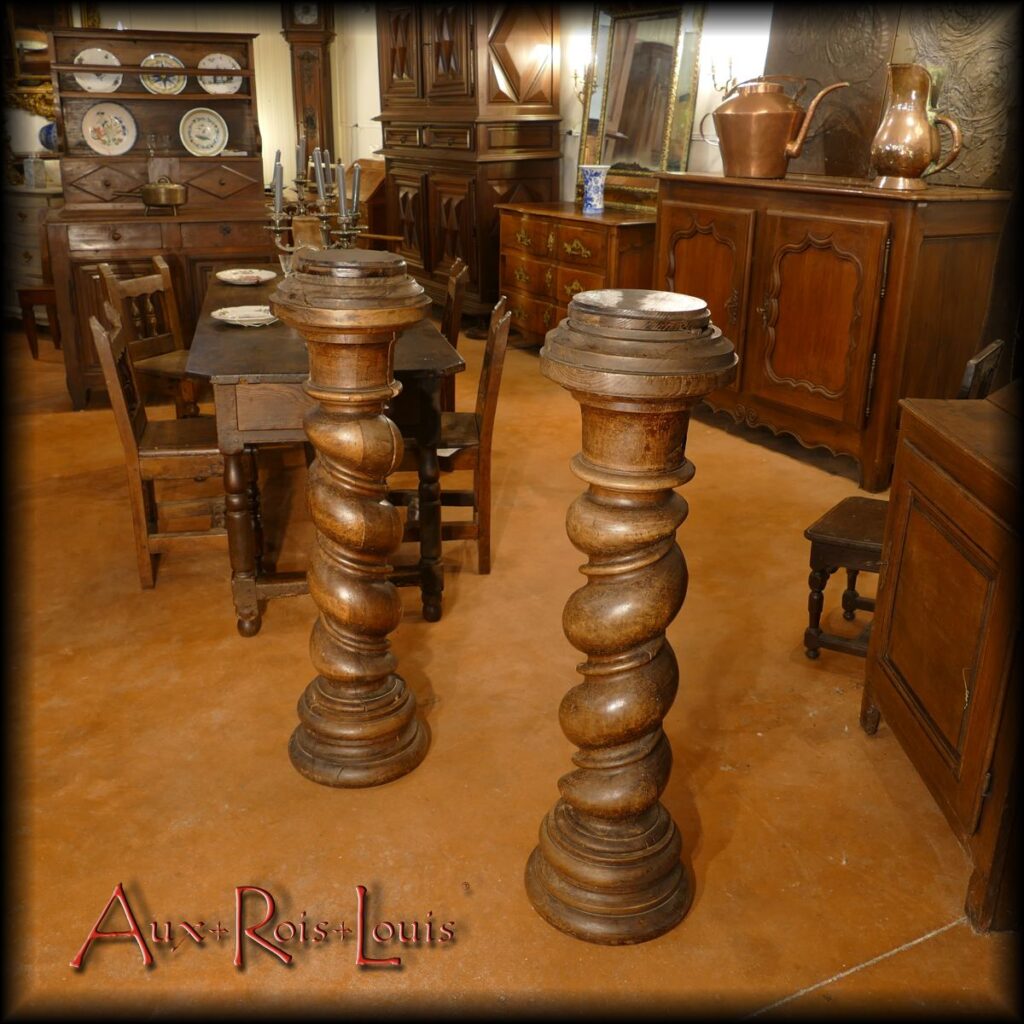
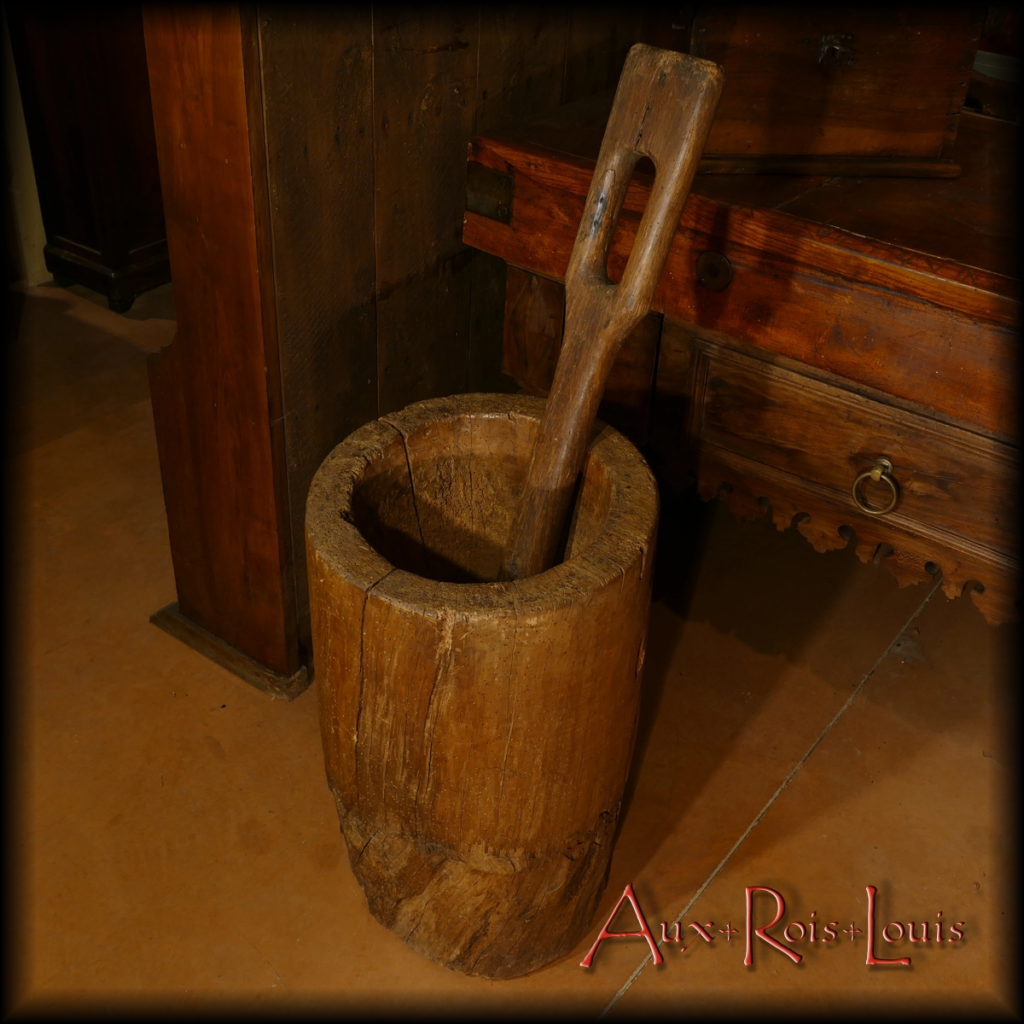
![Large Louis XV mirror – gilded wood – late 18ᵗʰ century – Midi-Pyrénées – [ME084]](https://www.aux-rois-louis.com/wp-content/uploads/2022/06/ME084_P1660282-1024x1024.webp)
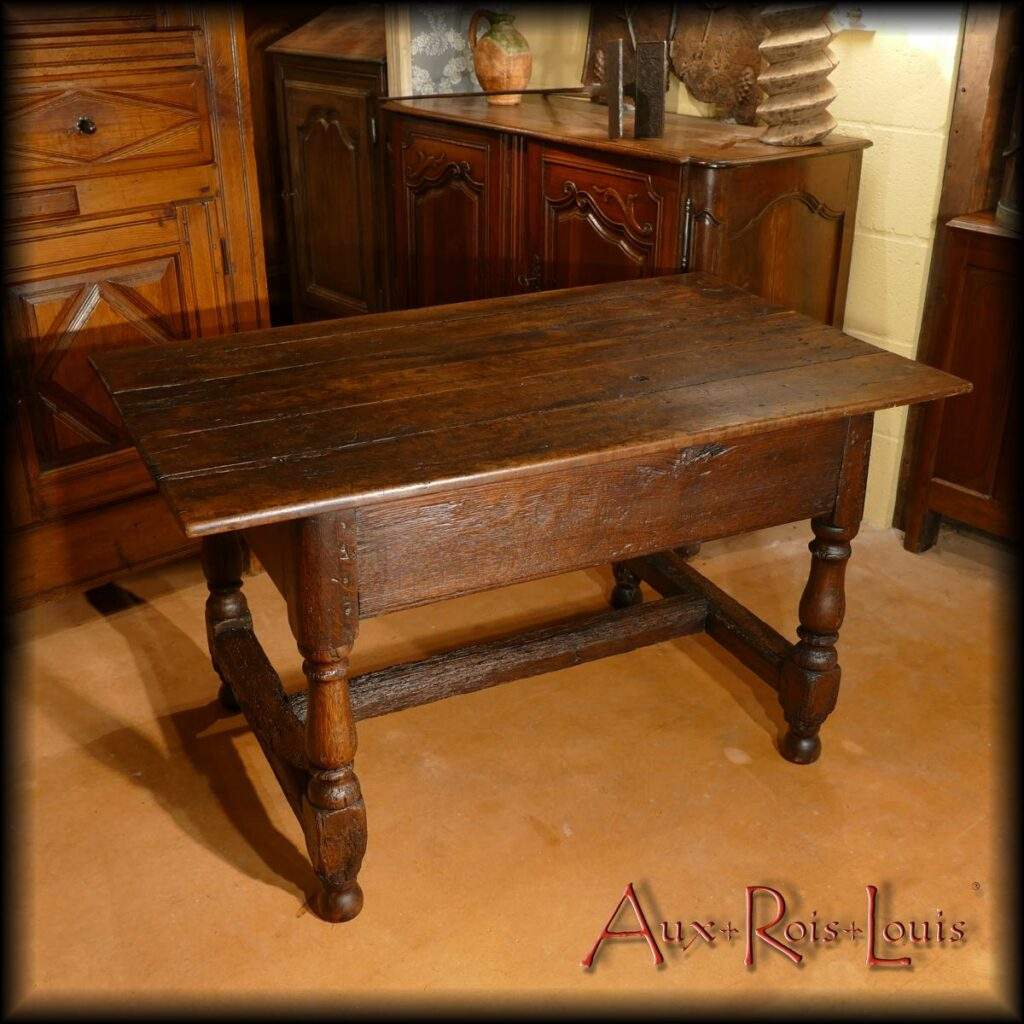
![Walnut storage cabinet – 18ᵗʰ century – France – [ME066]](https://www.aux-rois-louis.com/wp-content/uploads/2021/11/ME066_P1650134x900.jpg)
